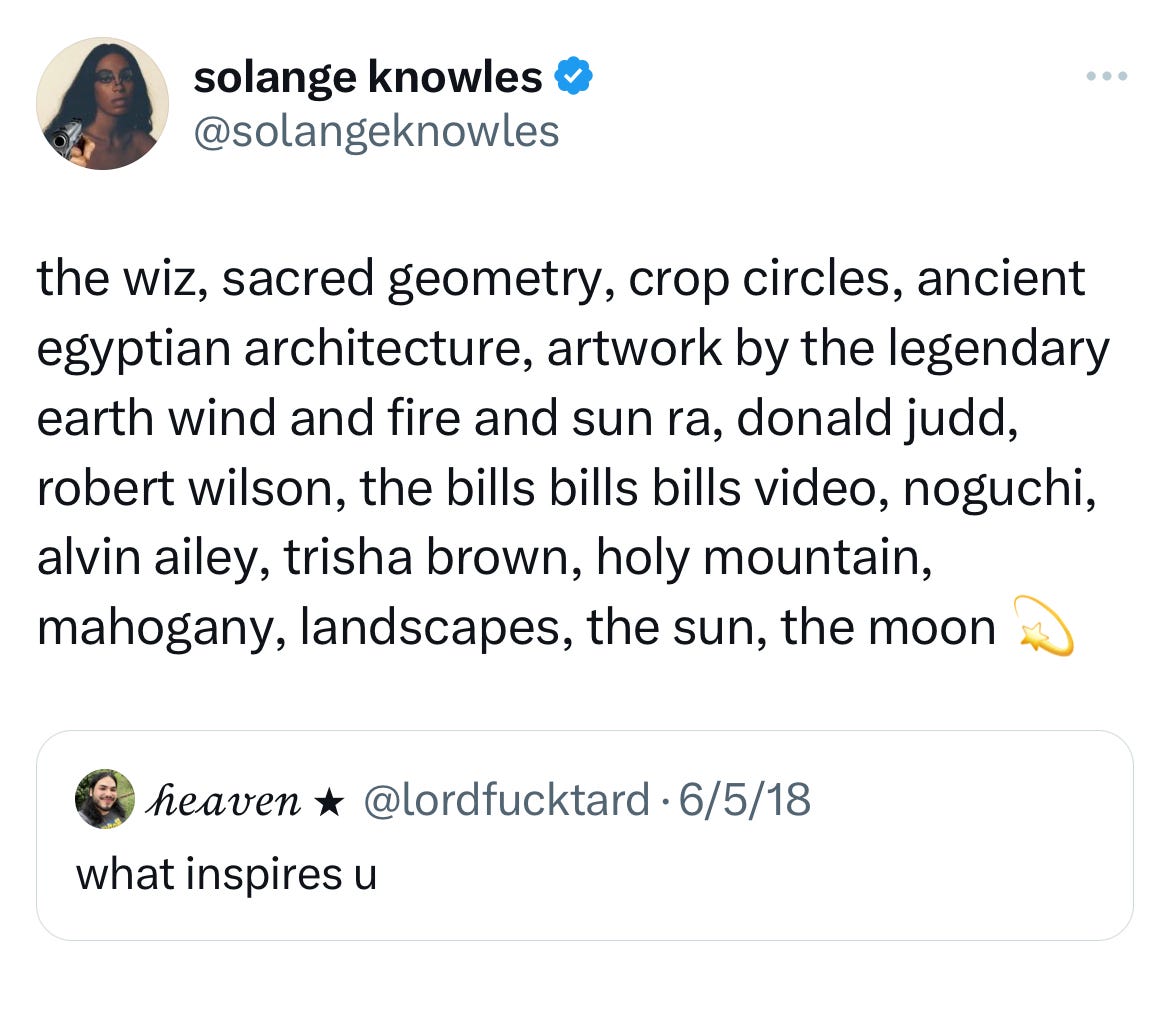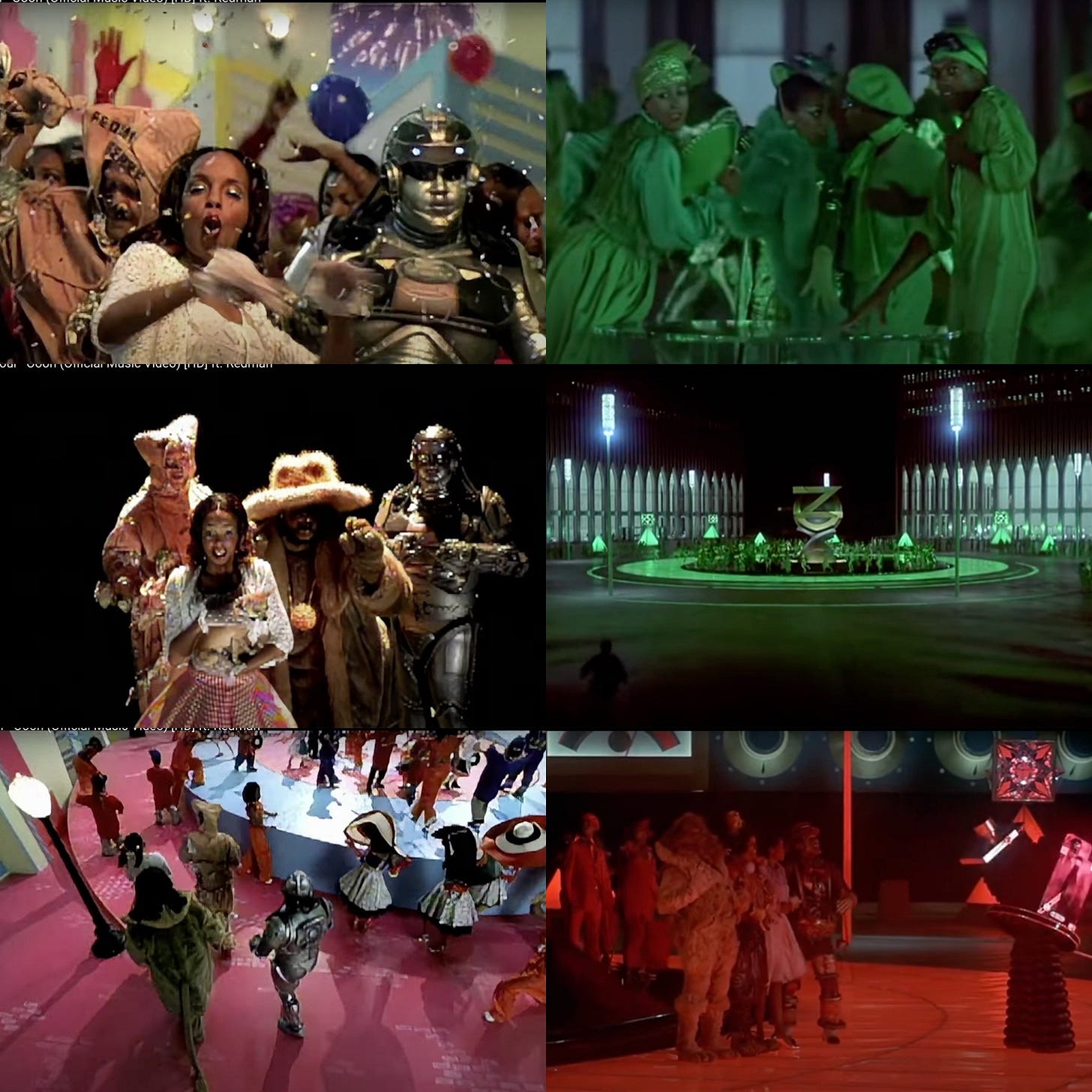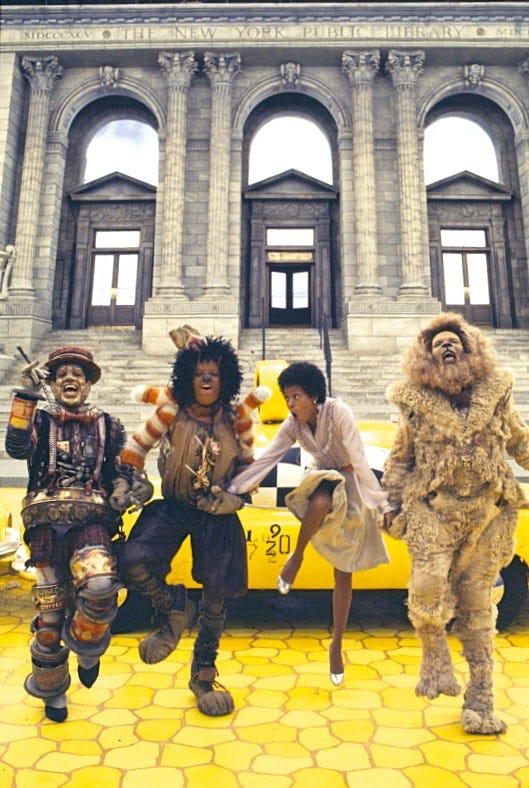
Last weekend, I watched The Wiz for the first time in years upon discovering it is on Netflix. The fact that I haven’t seen The Wiz in this long may be shocking to some subscribers that know me because The Wiz and its profound impact on me is something I talk about frequently.
The Wiz featured some of the biggest stars of the 1970s (Diana Ross, Nipsey Russell, Ted Ross, Michael Jackson, Lena Horne, Richard Pryor), had glamorous costuming and set design, and a stellar soundtrack produced by thee Quincy Jones. What’s not to love? As a kid, I was transported to a new world every time I watched The Wiz on my portable DVD player. Time passed so quickly that it never felt like I was watching a 2-hour film (and I still feel the same way after watching it over a decade later). I had always preferred The Wiz over The Wizard of Oz. It was lively, captivating, and unique to any movie I had seen. I don’t remember the first time I saw The Wiz, but it was probably the first time I saw myself, and my experience reflected on film. Growing up, I thought of The Wiz as a quintessential film. When I learned later that the film tanked at the box office and was met with less than favorable reviews by critics, I couldn’t believe it.
However, when I think more deeply about it, I can understand why a film with an entirely black cast reimagining a classic American story may have been met with resistance. Many critics critiqued the glitz and glamour of the film, with it costing a whopping $24 million, saying that the film had no soul. But for the black community, the soul in the film was abundantly clear and remains a cult classic.
With themes of self-pride and determination in front of the backdrop of 1970s Harlem, it is no surprise that black folks gravitate more towards this film than its 1939 lily-white predecessor. How The Wiz connects to its black audience is subtle. It draws on our fears, aspirations, and experiences in more tangible ways than crystal balls, red ruby slippers, and flying monkeys can. For instance, they changed the munchkins into anthropomorphic graffiti. And also touched on many black New Yorkers’ fears of riding the subway in a scene where the trash cans and pillars come to life attacking the main protagonists. Those who did not grow up seeing or hearing about the things depicted in the film can easily miss these things.
I have no desire to explain why The Wiz is so wonderful, and being beloved by the black community is enough for me. I want to talk more about how The Wiz impacted black culture.
In a time where blaxploitation films reigned supreme, The Wiz offered black Americans a new way to be perceived in media. The movie adaptation of The Wiz came at a prosperous time in black culture. Afro-futurism was popularizing within the black community, with artists like Parliament-Funkadelic, Earth Wind & Fire, and The Sun Ra Arkestra fully embracing its elements.
The Wiz is often credited for creating a new beginning in black cinema marking the end of blaxploitation films. Many of the black films we enjoy today could not exist without The Wiz. Jordan Peele praised the trailblazing film saying it was “A touchstone in representation. The reimagining of ‘Oz’ with an all-star, all-Black cast set in an Afro-Futurist New York City. Mainstream audiences initially rejected the film effectively marking the end of the Blaxploitation movement.”
Remenants of The Wiz’s afro-futuristic visuals can be seen in later works. For example, De La Soul’s music video for “Oooh” takes us into the whimsical world of Oz, referencing the Emerald City sequence in the film.
One of my favorite nods to The Wiz’s influence is in Solange’s short film for her album “When I Get Home.” She spoke about The Wiz’s impact on her at a screening of the short film in Houston. At 12 years old, she starred as Glinda in her school’s production of The Wiz. “I was looking at photos on the way here from that production, and I was thinking about that experience. That was one of the first times that I had to understand and emote these other parts of myself that I couldn’t understand or emote through dance or music. The film is an extension of that.” She said.
When accepting the Lena Horne award, she also noted how Horne’s role as Glinda in The Wiz inspired her. “I will never forget being a young girl, and the impact of hearing the great Lena Horne so radiantly and powerfully sing the words ‘believe in yourself’ from that remarkable moment in ‘The Wiz.’”

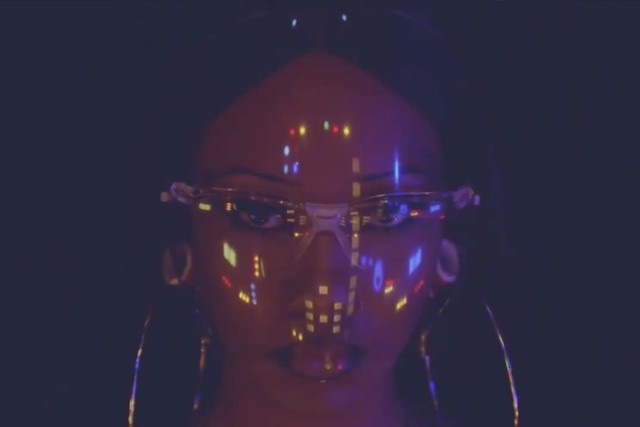
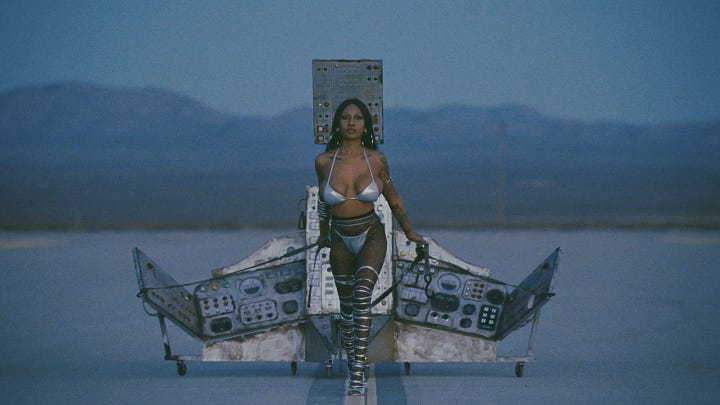
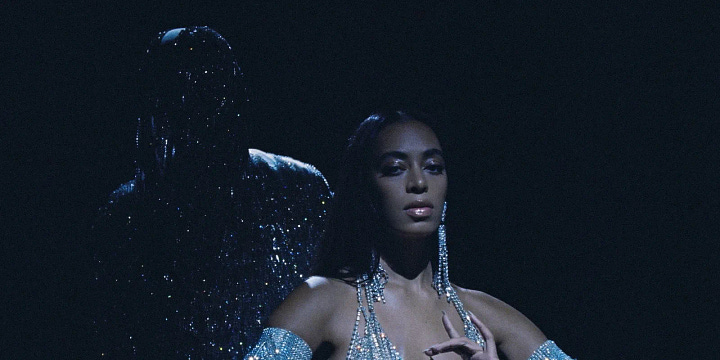
The Wiz’s soundtrack produced by Quincy Jones made a lasting dent in black music as well. Hip-hop artists like Nas, Nipsey Hussle, Little Brother, 9th Wonder, and Illa J sampled music from the soundtrack. The film also changed contemporary R&B. Jill Scott once said “My earliest influence was Quincy Jones. I thought ‘The Wiz’ soundtrack was the most amazing thing I’d ever heard. It was my first record and you had Michael Jackson, Ted Ross, Nipsey Russell and Diana Ross on it. I even took it to show and tell in third grade!”
Also, one of the biggest hits from the soundtrack, “Home,” has solidified itself, becoming a staple among black female singers as a way to showcase their vocal abilities. There’s countless videos of iconic singers like Jasmine Sullivan and Beyoncé singing the song in their youth for talent shows or school productions.
Although The Wiz may be widely misunderstood, it remains important to black people generations later. With The Wiz becoming more accessible to new generations, I implore those who have never seen it to watch it on Netflix sometime soon! Or if you already love it, to take time to rediscover it.




